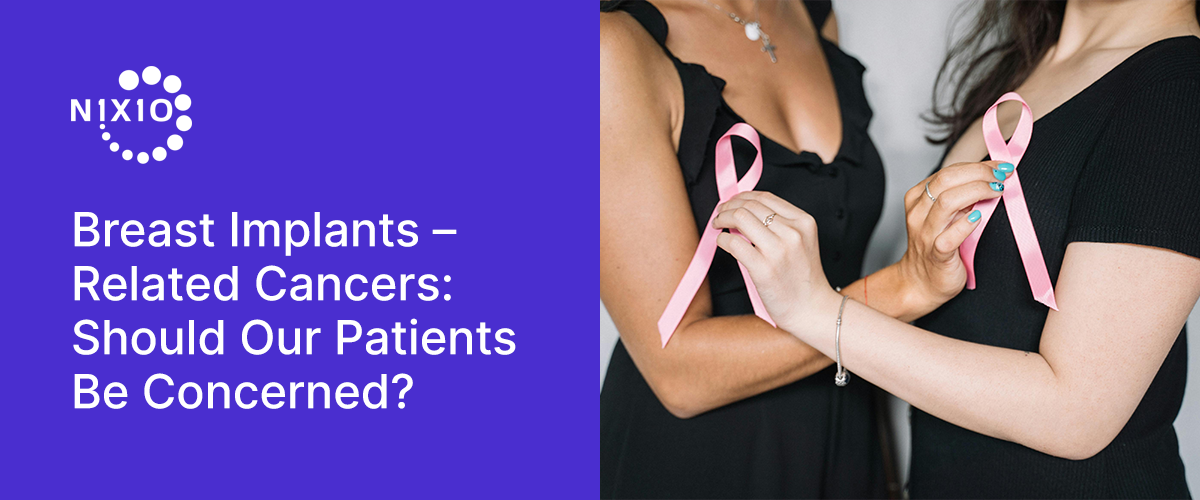Breast implants are inserted worldwide for a wide range of cosmetic and reconstructive purposes, most often after a prophylactic or curative mastectomy.
Concerns that breast implants were causing cancers and rheumatologic disorders date back to the 1980s, when silicone implants became more popular. Subsequent epidemiological studies disproved their association and increased risks of various cancers, including lymphomas. These studies did not specifically look at the risk of breast implant–associated anaplastic large cell lymphoma (BIA-ALCL), which was not a known entity at that time.
BIA-ALCL in the capsule of a breast implant was first reported in the medical literature in 1998. It was subsequently cured by removal of the implant. The exact pathogenesis of the disease remains unclear, but textured types of implants have been linked to almost all cases. The neoplastic cells of BIA-ALCL show strong uniform staining for CD30 and are consistently negative for activin receptor-like kinase 1. Despite being far more common than other primary breast lymphomas, BIA-ALCL has a very low incidence, making up less than 3% of breast lymphomas, which are already quite rare. Generally, it is a local disease that follows an indolent course and has an excellent prognosis.
BIA-ALCL most commonly presents as a delayed fluid collection around a textured breast implant or as a mass in the capsule surrounding the implant. Total en-bloc capsulectomy, a surgical procedure that removes the implant and the surrounding capsule, is usually adequate. In other cases, a late diagnosis necessitates more invasive surgery and systemic therapies.
Patients with silicone breast implants should undergo routine screening for implant rupture with magnetic resonance imaging or ultrasonography completed five to six years postoperatively and then every two to three years thereafter. Women with unilateral breast swelling should be evaluated with ultrasonography for an effusion that might indicate BIA-ALCL.
On March 22, 2023, the FDA) issued a safety communication informing the public that there have been reports of squamous cell carcinomas (SCC) and various lymphomas of the breast in the capsule or scar of breast implants. Implant-associated SCC is an aggressive disease and sometimes fatal. Fortunately, these cases are extremely rare.
For women with implants, there is no recommendation that the implant should be removed prophylactically. Instead, women should continue routine follow-up with their surgeon or primary physician. They should report any new symptoms to their doctor, including lumps, swelling, pain, redness, or skin changes in the breast.


